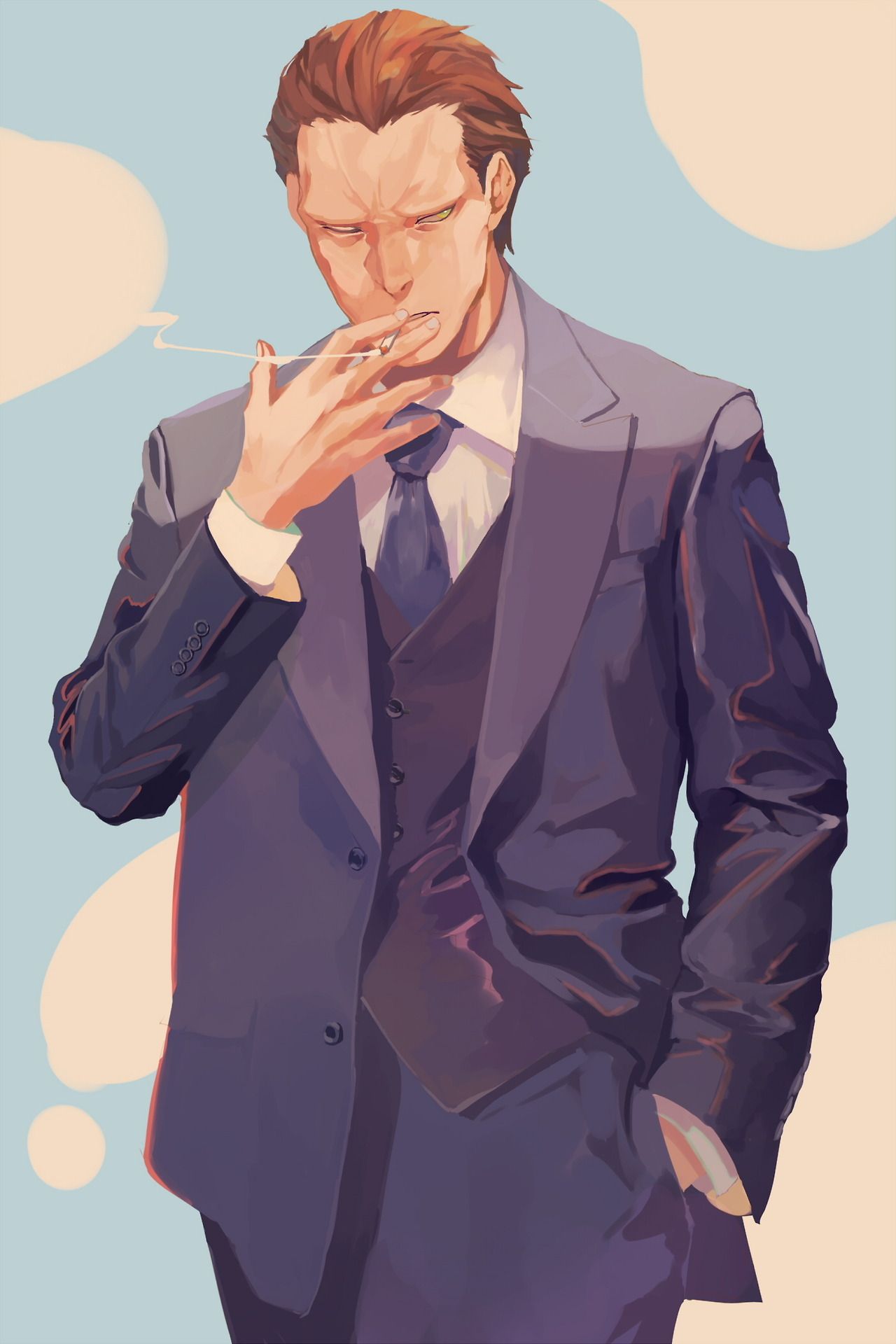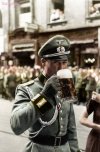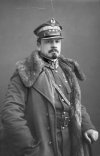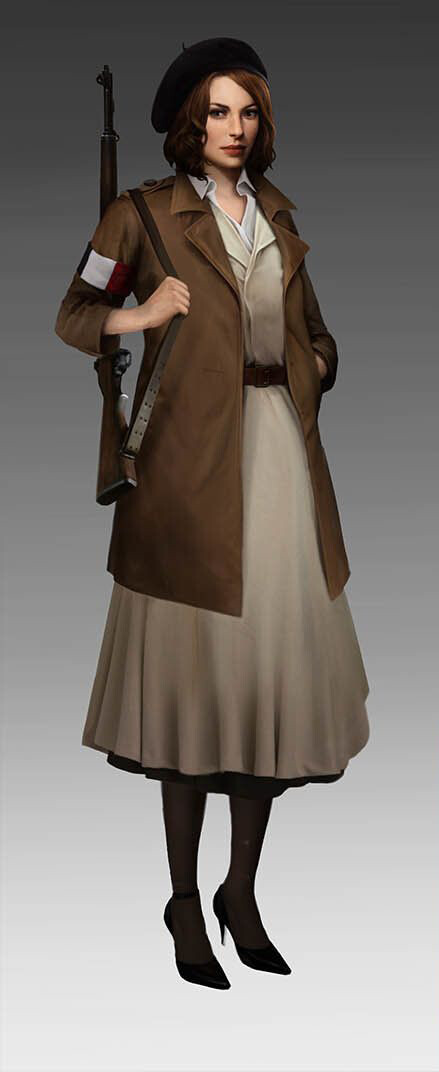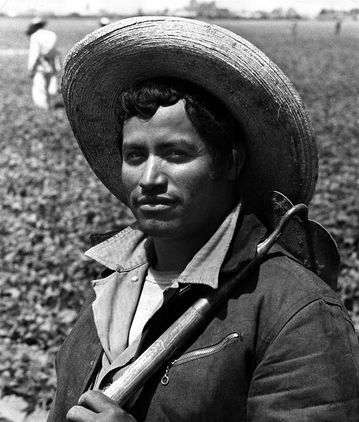SAIGO-NO-HEATS
A drifter, returned
Name: (What you want your character to be called. Obviously.)
Appearance: (Where you can put your anime profile pics or random Instagram models or whatever.)
Age and Date of Birth: (Typically somewhere between 19-35, outliers may exist especially within local militias.)
Gender: (And Sexuality if you so choose)
Allegiance: (What Faction are you fighting for? No Mercenaries or loners.)
Unit and Service Branch: (details concerning your character's division, company, and where they serve. EX: 1st Guards Rifle Division, B Company. or 1st Motorized Division "Louisiana Tigers", A Company.)
Current Service Branches available:
CSA - Continental Red Army (CRA, or Red Army), People's Revolutionary Committee Red Guards (PRCRG, or Red Guards)
AUS - Army of the American Union State (AAUS, or Minutemen), League of American Fascists Silver Shirts (LAF-SS, SS, or Silver Shirts)
USA - Federal Army of the United States of America (USAA, or US Army)
Rank and Title: (Typically Enlisted Soldiers should start as a Private, and all Officers should start as a Lieutenant. ----As of This moment we have a surplus of officers and a deficit of Enlisted, so for the time being all new submissions must be enlisted---- Ranks will change over the course of the story, and if you have an idea for a character starting at a different rank feel free to discuss it in the OOC.)
Kit and Equipment: (Character's standard Field Equipment. Available equipment will change depending on the state of the war and a list of all relevant equipment for each faction will be kept on the Lore Page, and in the OOC chat. Enlisted Characters will primarily only be issued a standard infantry rifle, though this may change depending on their role. Officers typically begin with an appropriate Submachine Gun and and Pistol for Side Arm.)
Biography: Tell us about your character, who they were up to this point, a bit about their personality and personal history. The US up til now hasn't seen war in almost 20 years, but has endured the great depression, the dust bowl, Mob Warfare, and political violence even before the war, so who were they when they were during the peace? This Bio needn't be exhaustive, but should be at least a paragraph and preferably give us an idea of your skill as a writer.
Appearance: (Where you can put your anime profile pics or random Instagram models or whatever.)
Age and Date of Birth: (Typically somewhere between 19-35, outliers may exist especially within local militias.)
Gender: (And Sexuality if you so choose)
Allegiance: (What Faction are you fighting for? No Mercenaries or loners.)
Unit and Service Branch: (details concerning your character's division, company, and where they serve. EX: 1st Guards Rifle Division, B Company. or 1st Motorized Division "Louisiana Tigers", A Company.)
Current Service Branches available:
CSA - Continental Red Army (CRA, or Red Army), People's Revolutionary Committee Red Guards (PRCRG, or Red Guards)
AUS - Army of the American Union State (AAUS, or Minutemen), League of American Fascists Silver Shirts (LAF-SS, SS, or Silver Shirts)
USA - Federal Army of the United States of America (USAA, or US Army)
Rank and Title: (Typically Enlisted Soldiers should start as a Private, and all Officers should start as a Lieutenant. ----As of This moment we have a surplus of officers and a deficit of Enlisted, so for the time being all new submissions must be enlisted---- Ranks will change over the course of the story, and if you have an idea for a character starting at a different rank feel free to discuss it in the OOC.)
Kit and Equipment: (Character's standard Field Equipment. Available equipment will change depending on the state of the war and a list of all relevant equipment for each faction will be kept on the Lore Page, and in the OOC chat. Enlisted Characters will primarily only be issued a standard infantry rifle, though this may change depending on their role. Officers typically begin with an appropriate Submachine Gun and and Pistol for Side Arm.)
Biography: Tell us about your character, who they were up to this point, a bit about their personality and personal history. The US up til now hasn't seen war in almost 20 years, but has endured the great depression, the dust bowl, Mob Warfare, and political violence even before the war, so who were they when they were during the peace? This Bio needn't be exhaustive, but should be at least a paragraph and preferably give us an idea of your skill as a writer.
Last edited:



